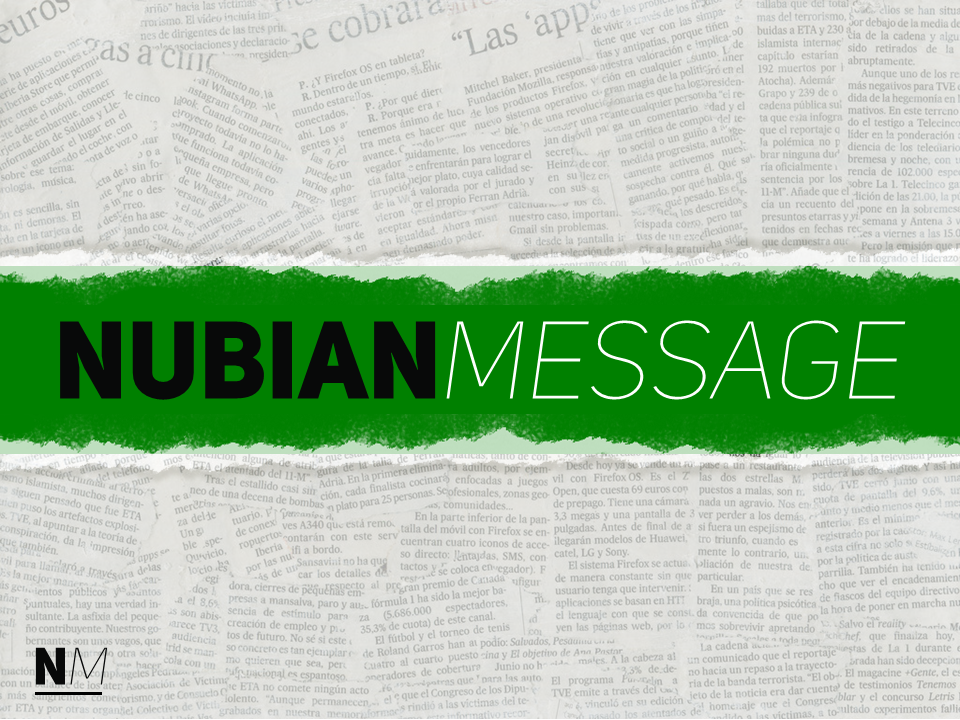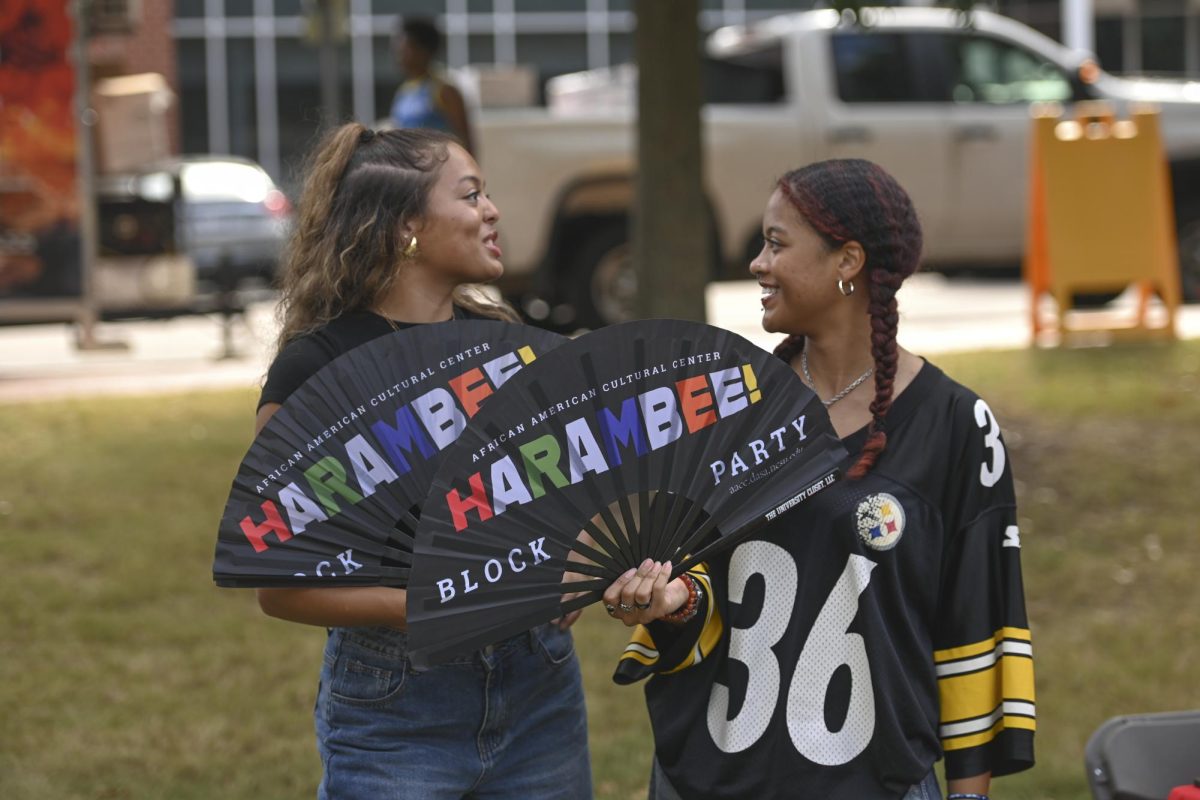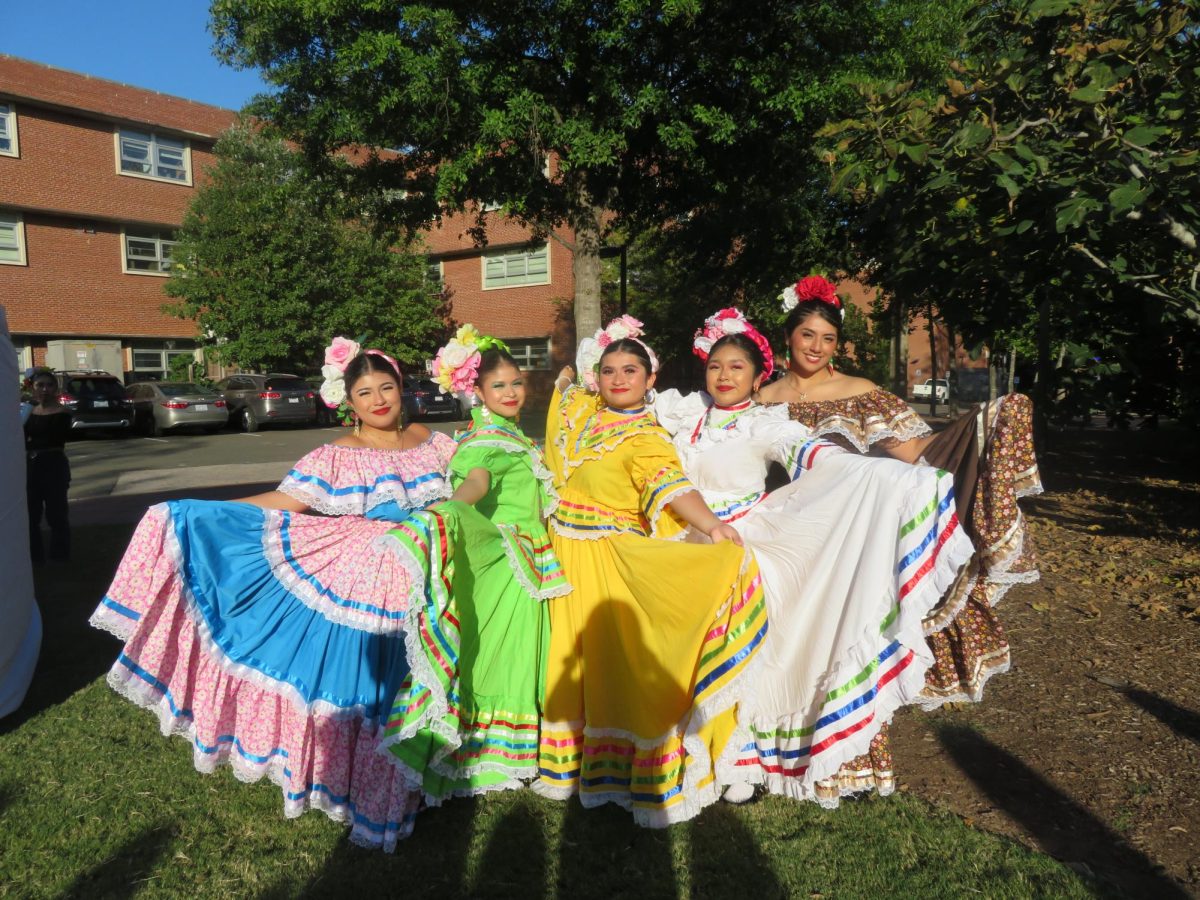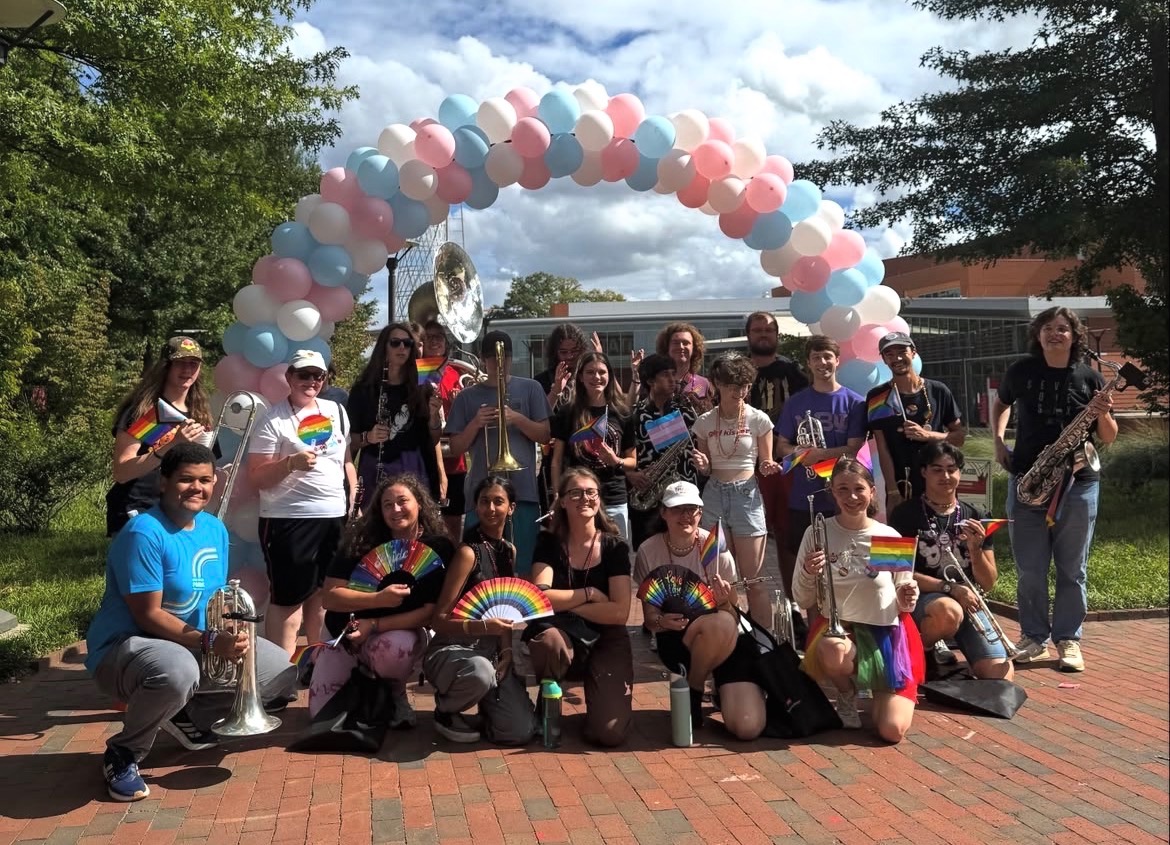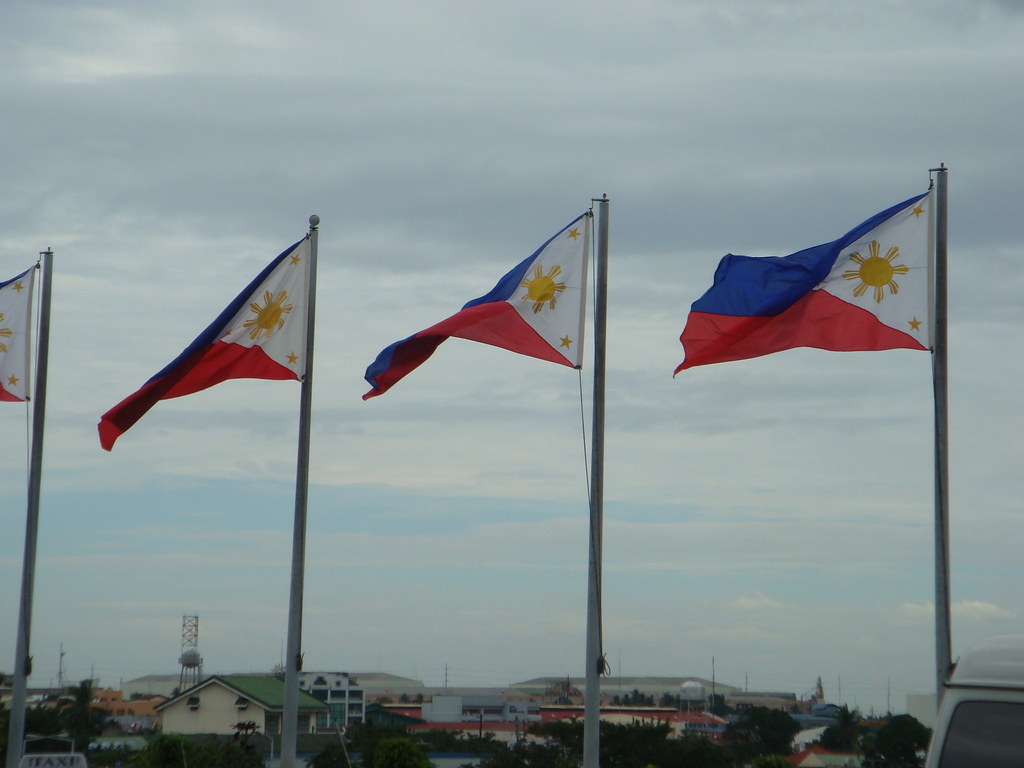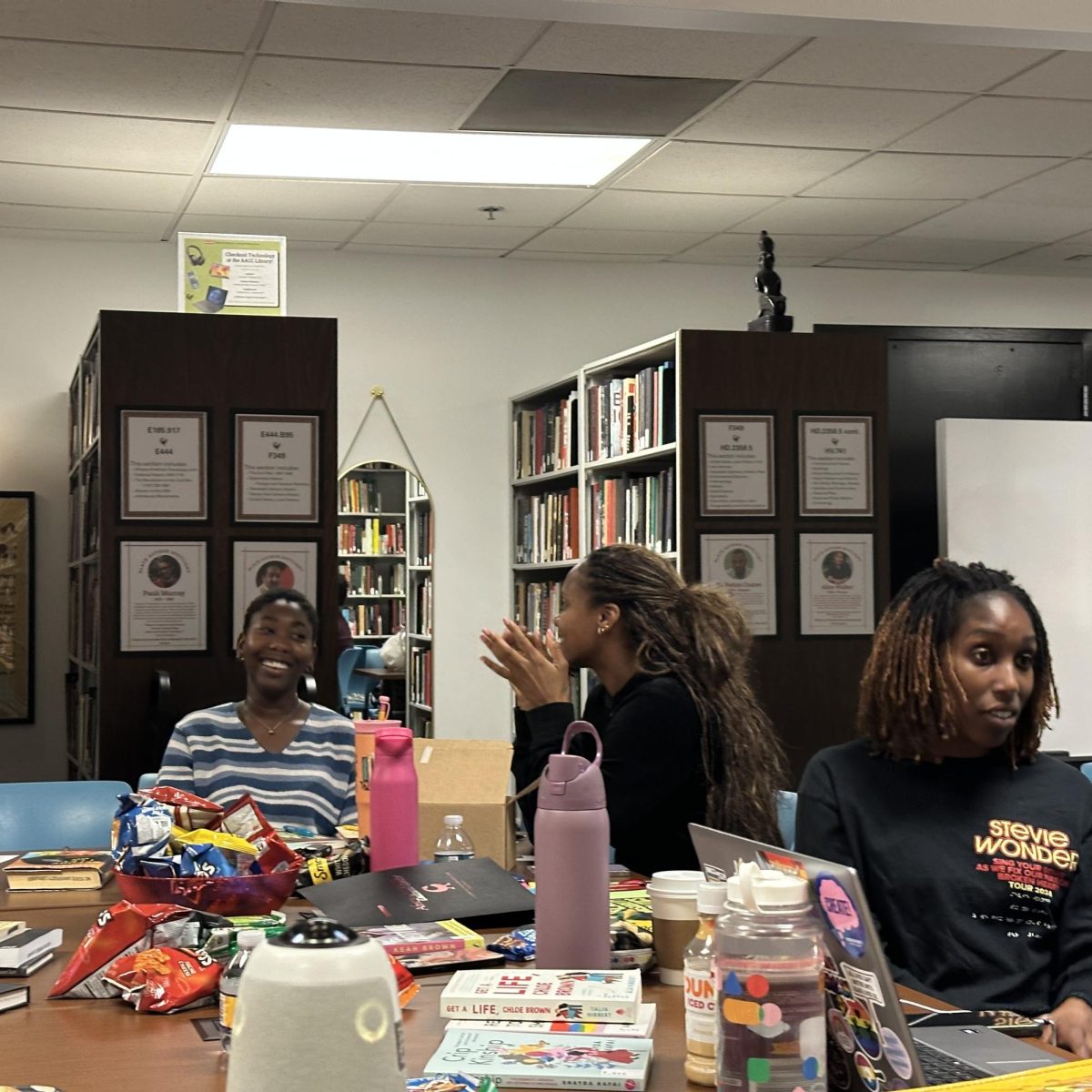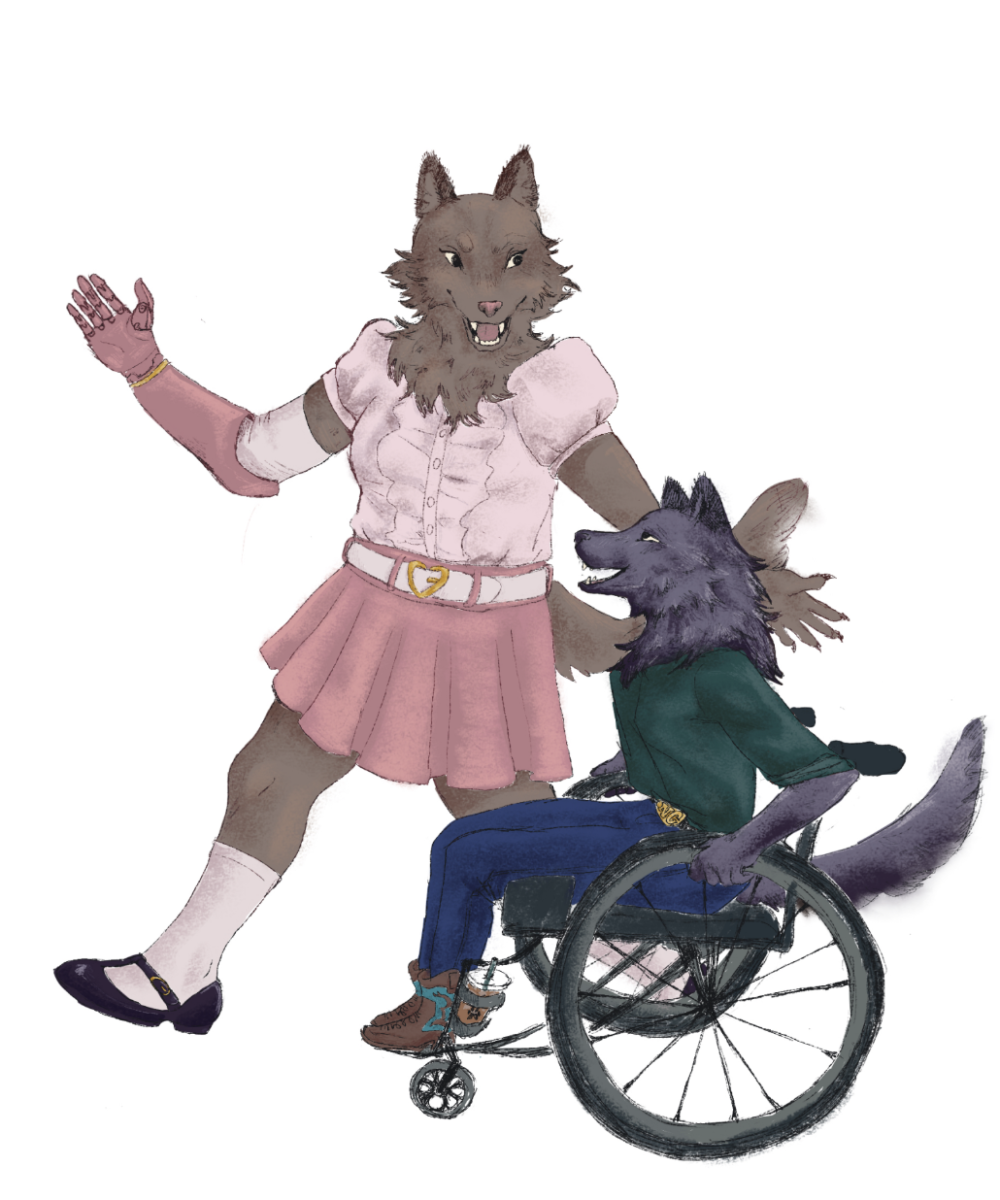On Apr. 7, 2022, the Black Students Board (BSB) hosted the Pan-Afrikan week event titled Reclaiming Our Roots. The event took place in the African American Cultural Center (AACC) located on the third floor of the Witherspoon Student Center. The goal of this event was to facilitate an intergenerational conversation amongst Black students and faculty regarding what it means to ‘reclaim our roots.’
The event opened with Niambé James, the African Student Union President, initiating a call and response of “ago” “ame.” James called out ago, which is used to call attention, and the group responded with “ame”, which is used to signify a willingness to listen. The call and response were repeated twice. Afterward, James and Max Fennel, an AYA ambassador for the AACC, began to explain the purpose of the event. Next, the AACC Program Coordinator Isaiah Lucas used a jembé to make a beat and introduce himself. The jembé or djembe is a drum originating in Mali. Two jembés were passed around the room and participants were instructed to make a beat on the drum after stating their name, pronouns, major, and hometown. Some decided not to make a beat. Fennel emphasized the importance of saying, “I am ‘your name’” as opposed to “My name is…” as a way of making a claim.
After the room finished with introductions, participants were instructed to line up for food. James located the company Tasty Vibes Catering Services which specializes in authentic African cuisine. There were two pans of jollof rice, one pan of chicken, one pan of dodo (fried plantain), and a pan of meat pies. While participants ate, a variety of afrobeats played in the background. For about twenty minutes, people ate and mingled with each other before Lucas initiated another call and response of “ago” “ame.”
To begin the conversation, Lucas started by outlining key terms needed for better understanding. The first was diaspora, they defined it as the voluntary and involuntary movement of Africans and their descendants to various parts of the world during modern and premodern times. The next word they defined was roots meaning the denoting or relating to Africa or any of its people, languages, nations, etc. They then defined the word reclamation with the meaning the process of claiming something back or of reasserting a right. The next word was Pan Afrikanism and they defined it as the union of all the indigenous inhabitants of Africa. The final word they defined was enslavement which is the action of making someone a slave.
After defining keywords, Dr. Kwesi Brookins, who is the Founder and Director of the Africana Studies major and minor as well as a psychology professor, said keywords about the importance of reclaiming our roots. He stated that he “started Africana Studies for all the terms that were mentioned” and for “people of Black or African descent.” He went on to say that the “idea was to reclaim our roots, educate ourselves on who we are and what we are, as well as bring the Black and African experience to the school.”
Following Dr. Brookins’ speech, Fennel and James took turns asking questions to direct the conversation. Participants were prompted to speak when an answer occurred to them. Fennel pointed out that the discussion was supposed to be more like a conversation than a lecture.
The first set of questions was “what are roots?”, “What does it look like to y’all?” and “What does it mean to you?” First-year student Life Sciences student, Kody Willingham, responded with: “…all the people that came before you… ancestors from 500 years ago or even just your grandparents—those still count as your roots. Those who built up to form you.”
The next response was from a second-year student majoring in Applied Mathematics, Josh Kyei, who started the conversation by saying, “taking a step to acknowledge… sometimes people think of Africa as a country rather than a melting pot of cultures”. Next Hanna Amme, the AACC library technician responded, “Pan Afrikanism is a political movement, it is…seeing clips of the great black American leaders and African leaders coming together talking about desegregation and decolonization in Africa…coming together to create the third-world conference. it is a political movement of unity and how do we move forward as sovereign nations.”
The next set of questions was “What does it mean to reclaim roots?” and “Is it something that you choose?” Dr. Andaiye Qaasim, the Assistant Director with the AACC, stated that it is, “collecting family stories… sometimes we don’t even have the names in the stories”. First-year Life Sciences student, Brion O’Neal, said, “…my skin color comes with a story and knowing what the story is and being able to correct it before someone creates a narrative of their own.” Another response came from Isaiah Lucas, the Program Director for the AACC who said, “Listening to the stories and making sure they never leave you…reclaiming my roots is having something to pass to my children and my children’s children and writing things down [is a way to do this]”. Another response came from a third-year student majoring in Biological Science and minoring in Psychology, Madison Darley, who said it is “being willing to listen and learn.”
Following the direction of the last question, Isaiah Lucas posed the question “How do y’all feel about ancestry.com/DNA tests?” A third-year student majoring in Psychology, AJ Johnson, stated, “it’s kind of like a double-edged sword because it gives you a name of where you came from but that’s about it…”. Another response came from Dr. Brookins said, “the data is only as good as the data that’s in there. Your ancestor’s DNA isn’t going to be there if they didn’t get a sample…it tells both the more encouraging and more connected stuff as well as the history that happened… some families don’t want to talk about the histories that aren’t so pretty, but it’s important.”
The final question was posed as a reflective point for participants to take with them after the discussion. It was “how do I reclaim my own roots?”
After the discussion component of the event was over, Adache Amaram, Eleah Dunbar, and Niambé James, all members of NCSU’s African Student Union, explained the meaning of the different beads being used to create bracelets. Amaram started by describing Nigerian beads. She said that the significance of beads in Nigeria can be dated between 900 BCE and 2000 BCE. Kings were buried with beads to bring hope, good luck, wisdom, and wealth. Amaram went on to explain the role they play in fashion, artistic expression, and economic status. She stated that beads are an essential part of weddings in Nigerian culture.
Dunbar then explained the meaning of Ghanaian beads. She explained that in the past beads were used as currency, coming of age rituals, and to signify the Chief. In the present day, they are used to help with fertility, showcase purity and wealth, and in celebrations. She then explained the significance of waist beads which are traditionally worn in the Ashante and Krobo areas after girls come of age.
Lastly, James detailed the significance of beads in Sierra Leone. She stated that waist beads are worn for good luck, to ward off evil, and increase fertility. She draws a parallel to Ghanaian waist beads by stating they are used to measure weight as well. James adds that the beads also help women take note of their posture.
After explaining the significance of the beads, participants were encouraged to create their own bracelets. Many began to mingle shortly after.
The Reclaiming Our Roots event allowed for an open discussion about Pan-Afrikanism, reclamation, and history across the Black diaspora. Additionally, it gave participants room to explore other cultures through food and shared knowledge.

